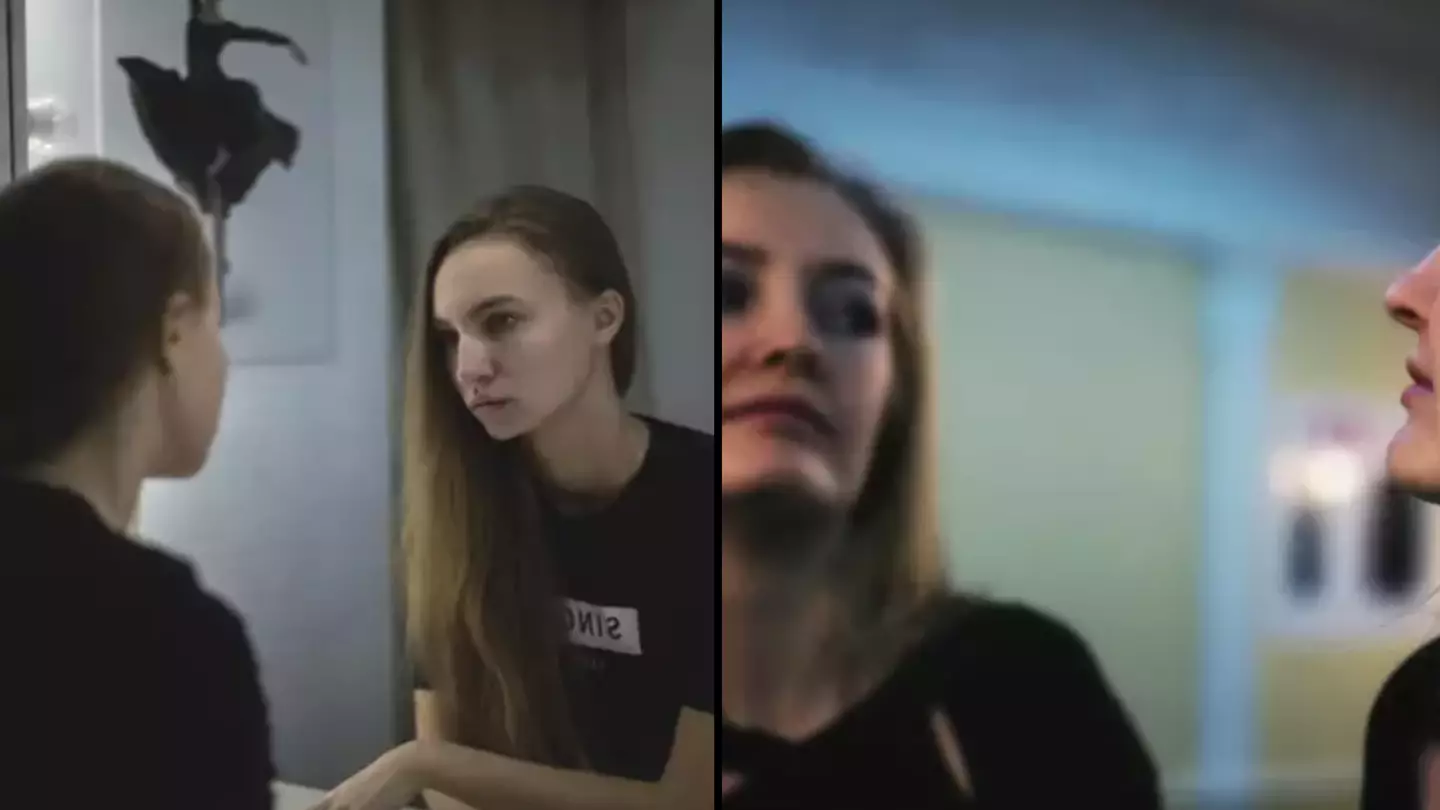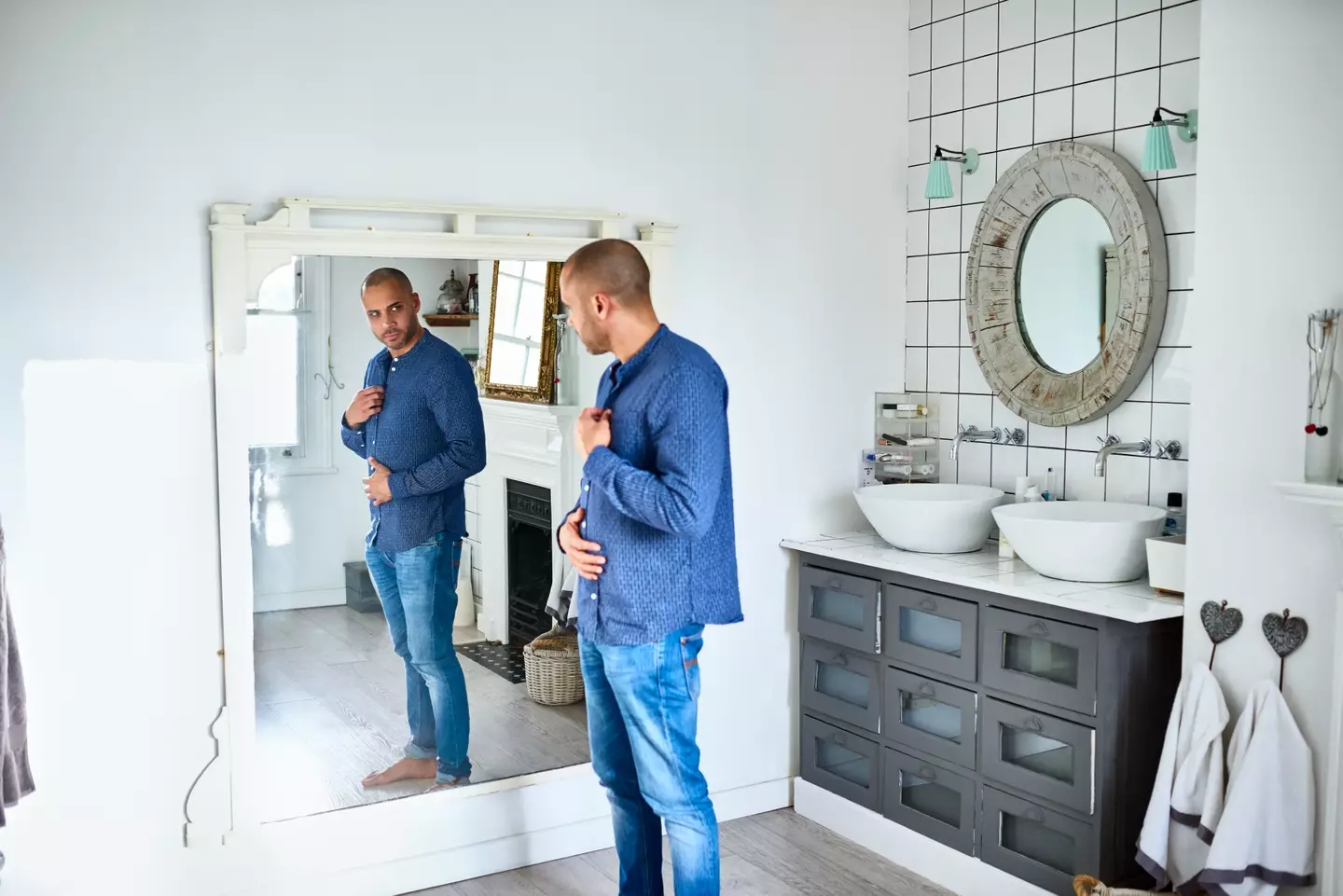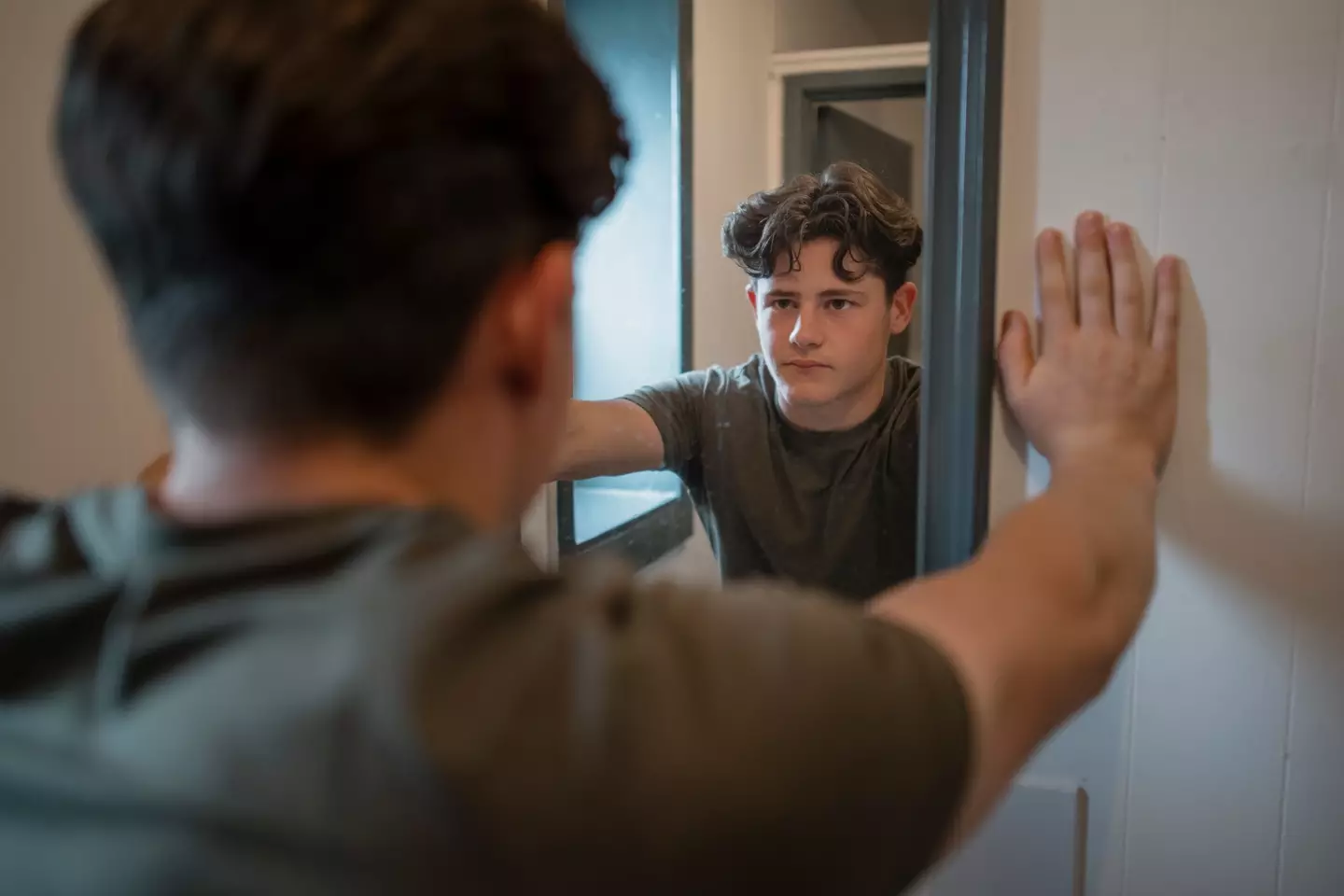
If you think you know what you look like then you're probably wrong and also likely not to be as good looking as you reckon, at least that's what the science says.
Plenty of you reading this will have taken a selfie at some point and thought it looked a little bit strange, like it's not really you there in that picture.
That's because you're used to seeing yourself in the mirror so your self-image is of you with all the details flipped around.
On top of that, according to Professor Nicholas Epley, that handsome studmuffin you picture in your head when you think about what you look like is really not accurate compared to the way other people see you.
Advert
Again, this is just what that dastardly science says and you should believe your mum when she says you're beautiful.

Anyhow, back onto how science says we're all not as hot as we think, Professor Epley co-authored a study into how people see themselves and found that 'people recognise their own faces as being more physically attractive than they actually are'.
He said in a 2014 interview with The Atlantic: "The interesting thing is that people don't really know what they look like. The image you have of yourself in your mind is not quite the same as what actually exists."
The study took photos of people's faces and made variations of them where they were more or less attractive by 10 percent at a time.
When the researchers asked people to pick which image they thought was the true depiction of their own face, they, on average, pointed towards the picture which was 20 percent more attractive than what they actually looked like.
Their study concluded: "Participants were more likely to recognise an attractively enhanced version of their own face out of a line-up as their own, and they identified an attractively enhanced version of their face more quickly in a line-up of distracter faces.

"This enhancement bias occurred for both one's own face and a friend's face but not for a relative stranger's face."
So there you have it, you think you're about 20 percent hotter than you actually are and you also tend to rate your friends as more attractive than they actually are as well, which is quite wholesome.
However, when gazing upon the visage of a stranger, the human eye tended to more accurately identify what they looked like.
Professor Epley said that people weren't wildly delusional about what they looked like but, despite wearing your face every moment of your life, it 'doesn't mean you're perfect at recognising it'.
People's ideas of what they look like are heavily reliant on mirrors which provide a bit of visual trickery.
According to the video by ActionLabShorts, mirror reflects light and what the light is reflecting has 'already been flipped', meaning what you are looking at is a version of your face from a different angle.